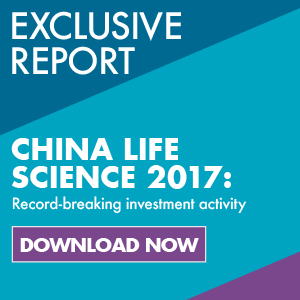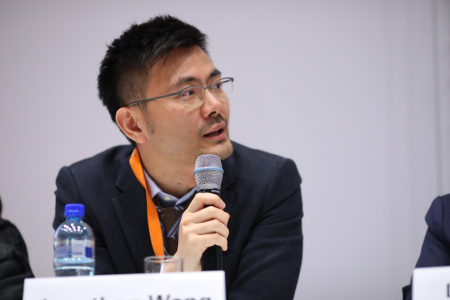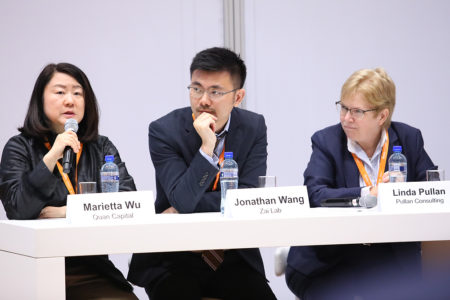China steps up to world-class challenge in push to access innovative drugs

In 2017 the highest authority in China formally adopted a series of stunning reforms for speeding up regulatory approvals and building a foundation for drug development. And in June 2017, China formally joined the International Conference on Harmonisation of Technical Requirements for Registration of Pharmaceuticals for Human Use (ICH) as its eighth member.
 While it may be some time before we see the full impact from this surge, which aims to position China as a world-class environment for biopharma, already a multitude of Chinese home-grown biopharmaceutical companies are capturing the attention of global markets, according to Alexander Fink, Managing Director for European Commercial Strategy and Planning with Syneos Health.
While it may be some time before we see the full impact from this surge, which aims to position China as a world-class environment for biopharma, already a multitude of Chinese home-grown biopharmaceutical companies are capturing the attention of global markets, according to Alexander Fink, Managing Director for European Commercial Strategy and Planning with Syneos Health.
At BIO-Europe Spring® 2018 in Amsterdam, Fink moderated a panel discussion on the impact of recent changes and the opportunities for partnering from drug development to commercialization, which also included panelists Barry Morgan, HitGen Ltd.; Linda Pullan, Pullan Consulting; Jonathan Wang, Zai Lab; and Marietta Wu, Quan Capital.
According to Jonathan Wang, Head of Business Development for Shanghai-based Zai Lab, "Throughout 2017 there were changes every other month, sweeping changes of government reform of regulation, for enhancing clinical infrastructure or for increasing the participation of Chinese centers in global clinical trials. The Chinese government wants more innovative drugs as there is now a great demand by Chinese patients who read about oncology drugs or vaccines, and they want access to these therapies.

"There are going to be more drugs developed domestically and through imports, and we can expect to see China contributing as a player in the global drug development process. For example, there is a huge problem finding patients for clinical trials, especially in the immunotherapy space."
The Managing Director for Quan Capital, Marietta Wu, said, "As a venture investor we are investing in filling capability gaps,supporting the building of high-end drug development and CRO capabilities. We are very active in these areas as there has been a tremendous shift from a policy perspective, as well as from themarket perspective."
There are opportunities for partnerships with well-established Western companies in several therapeutic areas that need medications where funding will support working through incubators to explore how local teams can develop these treatments according to global quality standards.
At the same time, she cautioned companies not to rush into collaborations blindly.
"People tend to think that if there is a large Chinese pharma company with a lot of capital, it could be a partner. Yet in many instances, those companies historically have only a generic drug experience, which is a very different mentality. When looking for a potential partner in China, you really need to find a company with a team in place that truly understands drug development and which has people in place with an experience to assure quality."
The President of Pullan Consulting, Linda Pullan said, "Visiting any major city in China, it is stunning to see the number of young companies. And to see the number of new facilities funded by local government or investors that are helping these companies to grow rapidly. The transition from generics to true innovation is exploding, because once the Chinese decide to do something, they do it fast."

At the same time, she said, "there is a lack of historic role models for these young companies. By comparison, if you are young biotech company starting up in Boston, you can see large companies, you can interact with the established players. There is a tremendous cross-fertilization. China does not have this same depth. There are the returning scientists, but these are individual experiences, not a model of company infrastructure that can be so helpful in creating an ecosystem. China has a very young ecosystem."
And risking a generalization, she said it is important for companies wanting to partner in China to be very aware of the cultural contrast.
"Culturally, business in America is a contractual culture where in China it is built on relationships. In America, we say that first we need to get the business right on paper, and then we'll get to know each other later. China flips this completely."
With China’s biotech climate improving rapidly and raising USD 40 billion for life sciences in 2017 there are many reasons you should attend the 10th annual ChinaBio® Partnering Forum, April 25–26, 2018 in Suzhou, China.
